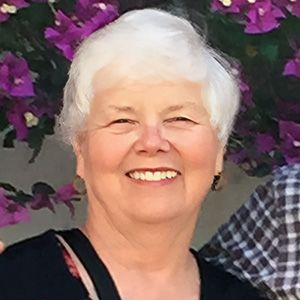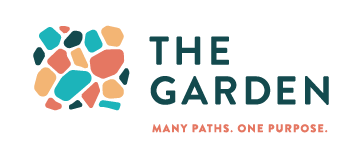Stretching into Reality
On Reading Banned Books
Since I have never been a fan of New Year’s resolutions, I have taken up an alternative habit—choosing a “Word of the Year.” After some thoughtful deliberation, I have chosen “stretch” as my word for 2025. My intention is to live into the word quite literally by stretching my body every day, but I also want to stretch myself intellectually, spiritually, and socially.
Fortunately, an opportunity to stretch came along right away because my book study chose to read John Green’s teen fiction book, Looking for Alaska. This book frequently appears on lists of the most banned books, and I wanted to know what all the fuss was about. After reading the entire book (most people who want Looking for Alaska banned read only a page), I think the fuss is about Green’s determination to respect that his teen readers can look reality right in the face.
Green tackles big existential/theological questions that teens struggle with as they stumble toward adulthood:
- How do I cope with the inevitable pain and loss of growing up?
- What do I do if a friend seems to have a mental illness?
- What happens after someone I love dies?
- How can I go on when there are no “for sure” answers to my questions?
- How can I find my way through the wide variety of feelings that come up every day?
- How can I get past feeling guilty and forgive myself?
- Is hope even possible when everything seems to be falling apart?
Green believes that all these questions are already present in the lives of teenagers. His writing about them is not introducing them to these subjects. Rather, his books give teens permission to think and talk about these important life issues.
How good are we, as adults, at looking reality straight in the face? Are we more likely to escape into a fantasy world or a numbed world? Are books on the Most Banned Books list because these books look at some piece of reality that we don’t want to see? To Kill a Mockingbird by Harper Lee looks at racial injustice in the American South. The Bluest Eye by Toni Morrison looks at racism, incest, and child molestation. One of my favorite books, The Things They Carried by Tim O’Brien, looks at the horrors of the Vietnam War. The number one most banned book, The Absolutely True Diary of a Part-Time Indian by Sherman Alexie, tackles the tough issues of alcohol abuse, poverty, bullying, violence, sexuality, and bulimia.
These books on the banned list should be required reading for all of us who want to leave behind the comforts of a pain-free world and “stretch” ourselves into the reality of the world we live in. We have to face these realities if we want to correct the injustices and abuses that these books uncover. Thankfully, we don’t have to do this alone. We can hold hands as we stretch into these realities together.
-------------------
Would you be interested in a book club focused on reading banned books? If you might like to participate in such a group, let me know.












